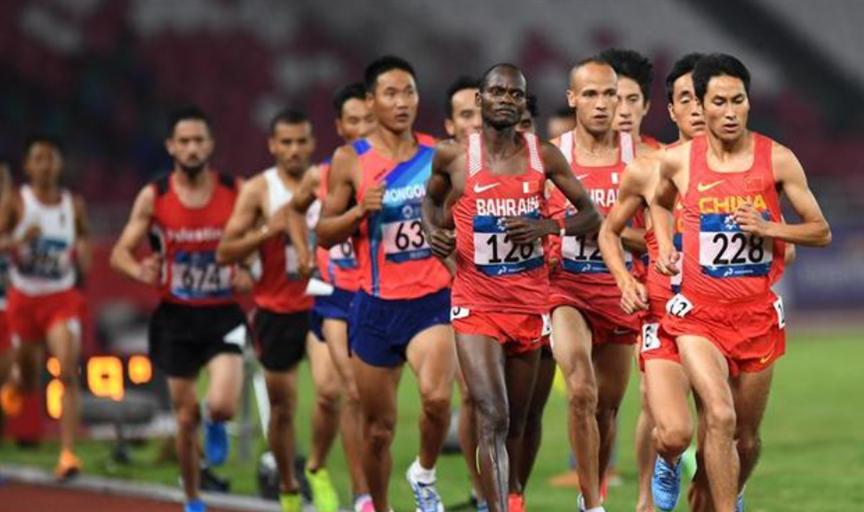Title: The 5th Time! Disgraceful Scandal at Hangzhou Asian Games, These Foreign Athletes Are Disgusting and Shameful

Author: History Anecdote King

Editor: History Anecdote King
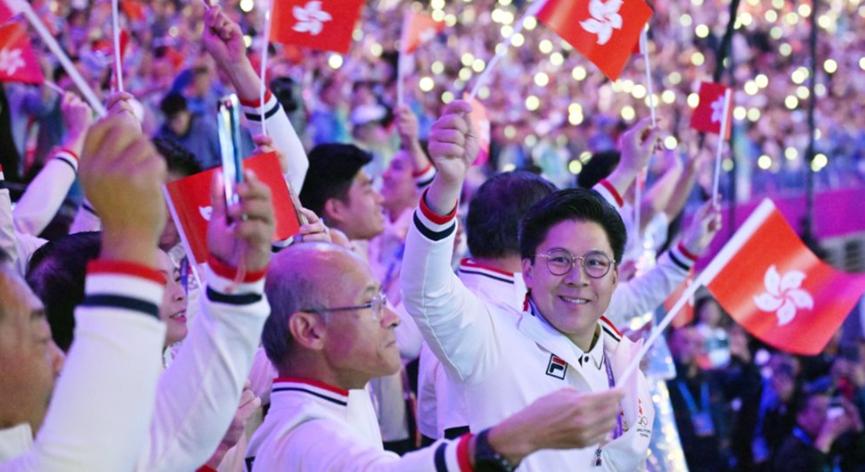
Introduction:
Not only do they disgrace themselves in front of the world, but they also shame their own country.
If given another chance, would they dare to do it again?
The Hangzhou Asian Games are in full swing, yet some athletes insist on taking a risky path.
They strive to become unique among thousands of hardworking athletes.
To win the medal, they go to extreme lengths, even resorting to illegal means by repeatedly using banned substances.
They thought they were flawless, but "the net is vast," and these athletes not only had their results disqualified but also became objects of public ridicule.
Which athletes from which countries committed these disgraceful acts?
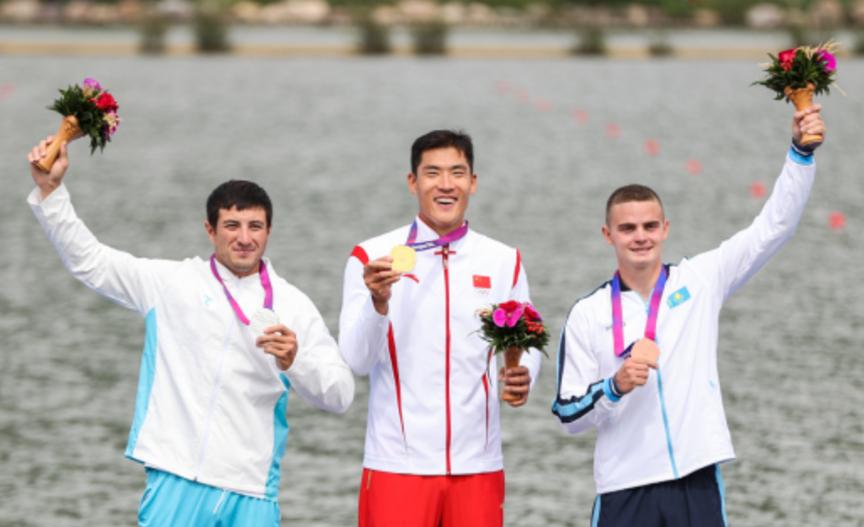
Muhammad Hibar Nurilistan:
The spirit of sports is about being better, faster, and stronger, while the soul of sports is fairness, justice, and openness. Taking banned substances is a trampling of sports ethics, yet some still dare to take risks and break the law.
At every major international sporting event, there are always athletes who use improper means to win, and this Hangzhou Asian Games is no exception.
The Olympic Council of Asia announced a message that brought great shame to Afghanistan.
The 37-year-old Afghan boxer, Muhammad Hibar Nurilistan, was exerting himself in the ring, sweating profusely.
This was a 71-kilogram level match, and perhaps the charm of sports competitions is that no one knows who the ultimate victor will be.
After an intense battle, Nurilistan lost to a Mongolian athlete and failed to advance to the next round.
Just as he was feeling regretful, the OCA announced that Muhammad Hibar Nurilistan's banned substance test was positive, making him the first athlete at the Hangzhou Asian Games to be suspended for taking banned substances.
As times progress, everyone thought that athletes' "sports souls" had become more "full," yet surprisingly, such athletes continued to emerge one after another.

Muhammad Yusuf Al-Ashiri:
Al-Ashiri from Saudi Arabia is a male long-distance runner, 34 years old, and was about to participate in the men's 5000 meters and 10000 meters events at this Asian Games.
During his preparations, he was found to have taken banned substances.
Sports fairness cannot be challenged, and in response to this outcome, the OCA immediately dealt with him, informing him that the result was a temporary suspension.
Al-Ashiri was unable to participate in the men's 10000 final, nor could he attend the subsequent men's 5000-meter final.
Al-Ashiri became the second athlete at the Hangzhou Asian Games to be suspended for taking banned substances.
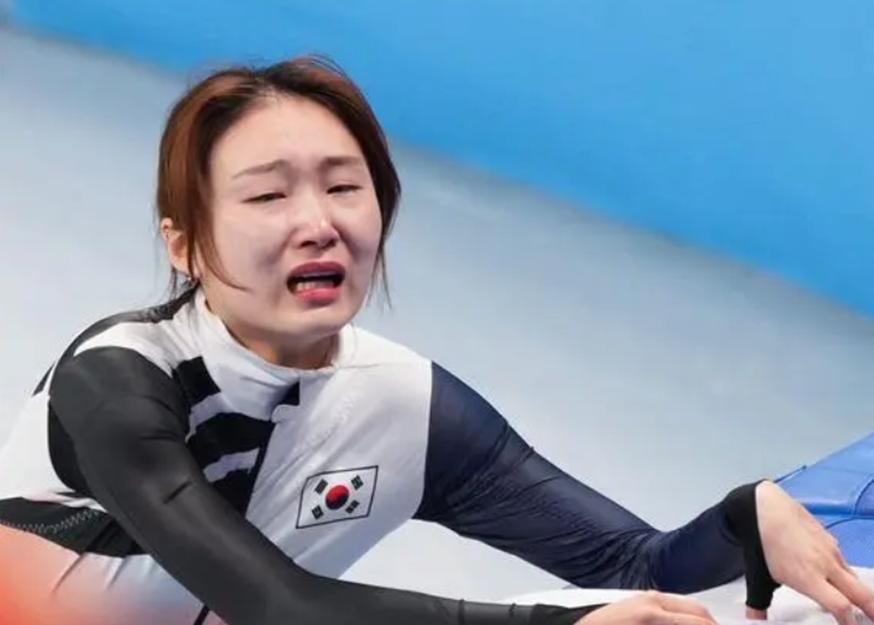
Ariana Te Padoorio:
The banned substance test results of Ariana Te Padoorio, a cyclist from the Philippines, were also positive.
The OCA informed Padoorio of the test results at the first opportunity, and she was told to be temporarily suspended for the upcoming competitions.
In this Asian Games, she was scheduled to participate in three events: women's mountain cross-country, women's road individual race, and women's road individual time trial.
Before the suspension, Padoorio had already participated in the mountain cross-country race, but her achievement was only tenth place. Due to the aforementioned reasons, she could not continue to compete in the following events.
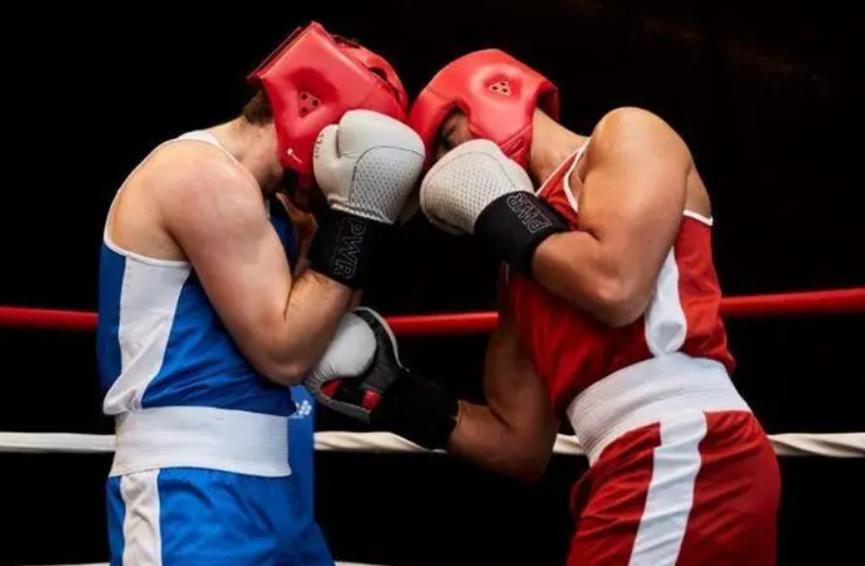
Alexei Formovski:
One problem after another, following the positive test of the female cyclist, the banned substance test of the male cyclists also showed problems.
The International Testing Agency (ITA) conducted in-competition testing on all male cyclists, and Alexei Formovski, a male cyclist from Uzbekistan, was found to contain banned substances like steroids.
This 22-year-old young athlete had just completed a personal race and achieved fifth place.
After the test results came out, his results were immediately declared invalid, and he faced the punishment of temporary suspension.

Buiyandelge:
During the Hangzhou Asian Games, scandals continued to emerge, and this time it hit Mongolia.
The international testing agency reported that Mongolian female weightlifter Buiyandelge tested positive.
Before the announcement, this 19-year-old rookie had just finished a 55-kilogram B group match, ranking at the bottom with 12th place.
Buiyandelge rarely appeared in international sports events before this Asian Games, and this scandal might brand her life's competition journey with a "warning" mark.
Upon the announcement, Buiyandelge's previous achievements were also canceled, and she faced the punishment of temporary suspension.
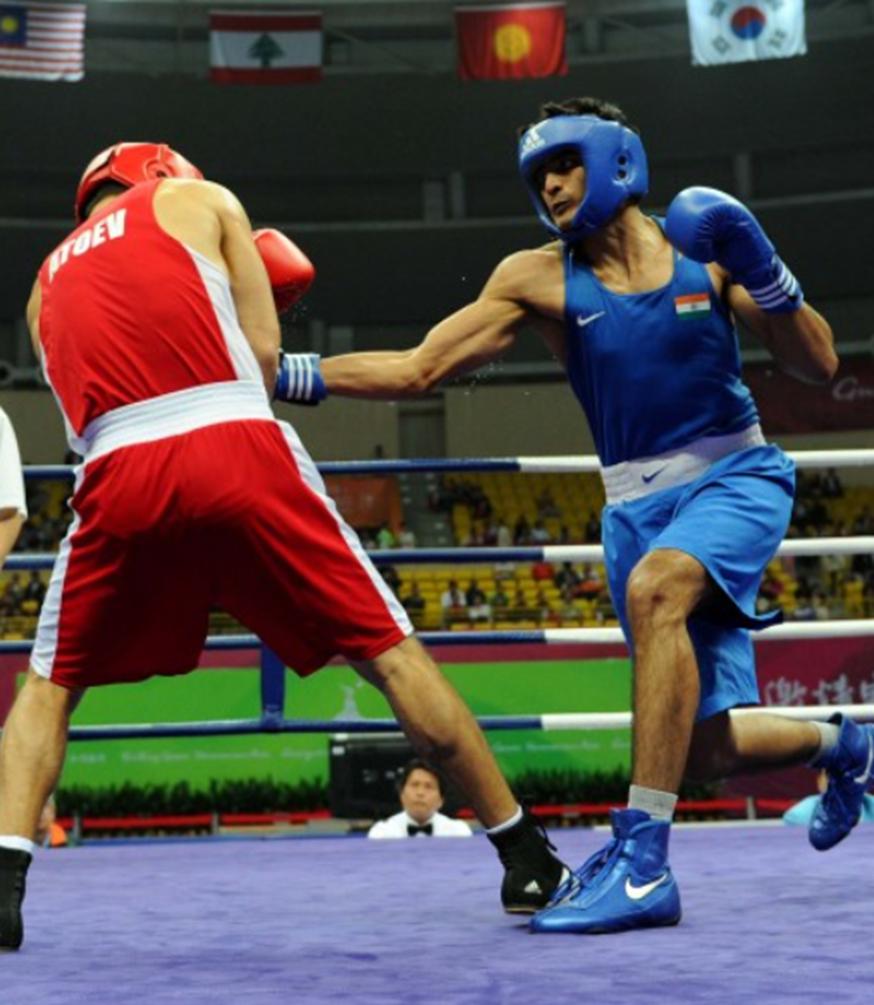
Winning a "Clean Medal":
"Hangzhou is a city garden, and this time, the anti-banned substance governance work has put Hangzhou at the forefront of the world. China's anti-banned substance work is a world model."
The head of the World Anti-Doping Agency, Banka, made a high evaluation of the anti-banned substance work during the Hangzhou Asian Games while observing and supervising the banned substance testing.
"China must do well in anti-banned substance work and promote the spirit of winning clean gold medals."
Deputy head of our country's sports delegation, Li Yingchuan, firmly stated in an interview, "Indeed, as the Chinese delegation accounts for 20% of the total number of checks at the Asian Games, so far, a total of 249 athletes have undergone banned substance checks."
So far, no cases of abnormal results have appeared, and China, as an example, strives to host a clean and uplifting Asian Games.
As Li Yingchuan said, this Asian Games will be the most "strict" in the history of the Asian Games, with checks conducted on athletes preparing for the Asian Games.
A total of 15,181 checks were conducted, the highest number in the history of the Asian Games, and during the upcoming competitions, the international testing agency will continue to strictly carry out anti-banned substance work.
Facing such standardized and strict checks, why do these athletes still insist on their ways, unafraid of disgrace, and instead choose to break the law?

Wealth and Honor Come with Risks:
"Without entering the tiger's den, how can one get the tiger's cub?"
This is probably what every athlete who takes risks thinks, especially since, in a massive event like the Asian Games, achieving a ranking means "both fame and fortune."
Not only does it bring glory to the country and honor, but endorsements and collaborations from home and abroad will come knocking, and compared to the "shame" after being caught, the temptation is simply too great.
Therefore, over the years, athletes who have taken banned substances are not few, including many world-renowned athletes, and our country also has well-known athletes who have "cut off their future" due to taking banned substances.
In the 1988 Seoul Olympics, everyone was excited to witness the excitement of the men's 100-meter track, where a stadium with only 70,000 seats was flooded with 100,000 officials, showing how fierce the competition was.
"Congratulations to Ben Johnson! He is undoubtedly the fastest human!"
The whole world cheered for Canadian men's 100-meter sprinter Ben Johnson, but before the applause ended, a scandal suddenly arrived.
Ben Johnson refused the urine test requested by the testing center, and after repeated requests, he finally provided a urine sample. The final result showed that his banned substance test was不合格, and he was deprived of the gold medal, which was then awarded to the silver medalist.
Ben Johnson became the world's "spurned" "sports cheater," and even Samaranch scolded him for deceiving the world.
Similarly, fellow sprinter Flo Jo was once embroiled in banned substance issues but ultimately her fame spread far and wide.
Flo Jo was an American female sprinter with very high athletic achievements, obtaining three golds and one silver in just one Seoul Olympics competition.
When the whole world was cheering for Flo Jo, she announced her retirement the following year, which no one expected, and soon after, Flo Jo passed away.
Some speculated that perhaps Flo Jo took banned substances, leading to such consequences, otherwise, she wouldn't have achieved such high achievements.
To dispel the various doubts from the outside world, medical institutions performed an autopsy on Flo Jo, and it was discovered that the cause of her death was an epileptic seizure, not the rumored banned drugs.
When the test results were published in black and white, the whole world was speechless, silently admiring this great "sprinting hero" from the heart.
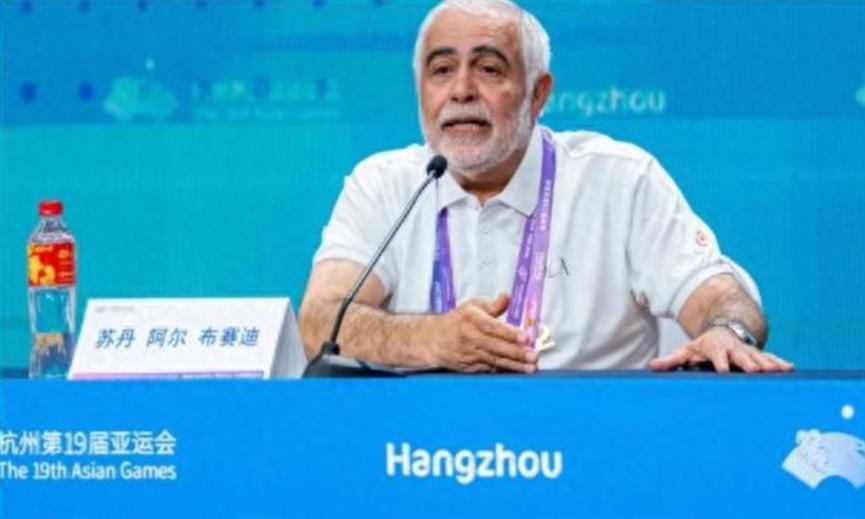
Conclusion:
Some would rather die to maintain their innocence, while others rack their brains to cheat; as athletes, their characters are vastly different.
A "fake" award is ultimately fake and will never become real. As athletes, they should uphold the spirit of sports, compete for results, style, and more importantly, character.
Those athletes who "exploit loopholes" and "play dirty tricks," how can they be worthy opponents of those who train day and night, willing to sacrifice their lives to achieve results?
Justice will eventually arrive, and with the development of testing technology, it is believed that every "medal" will be awarded fairly and justly.
